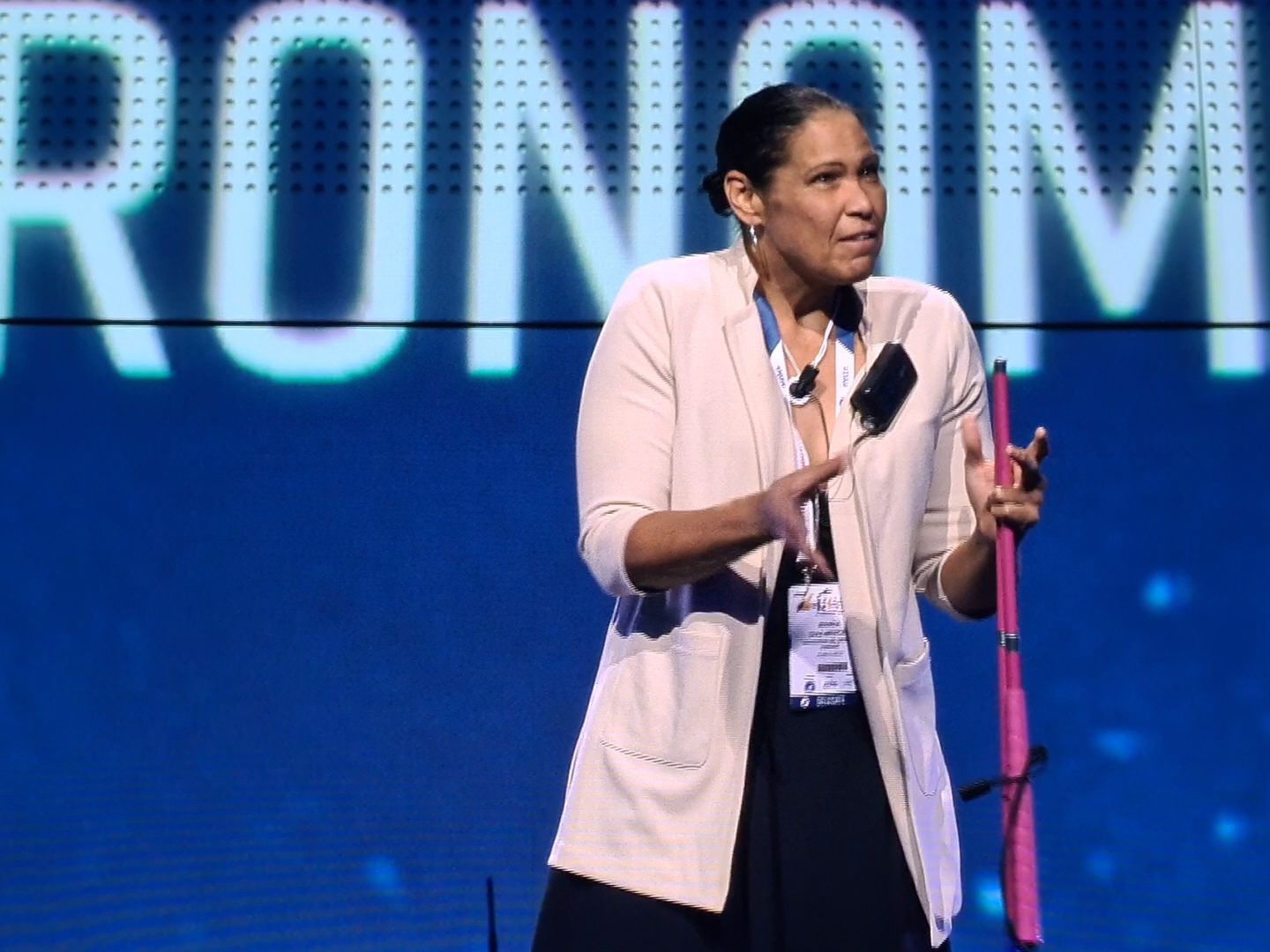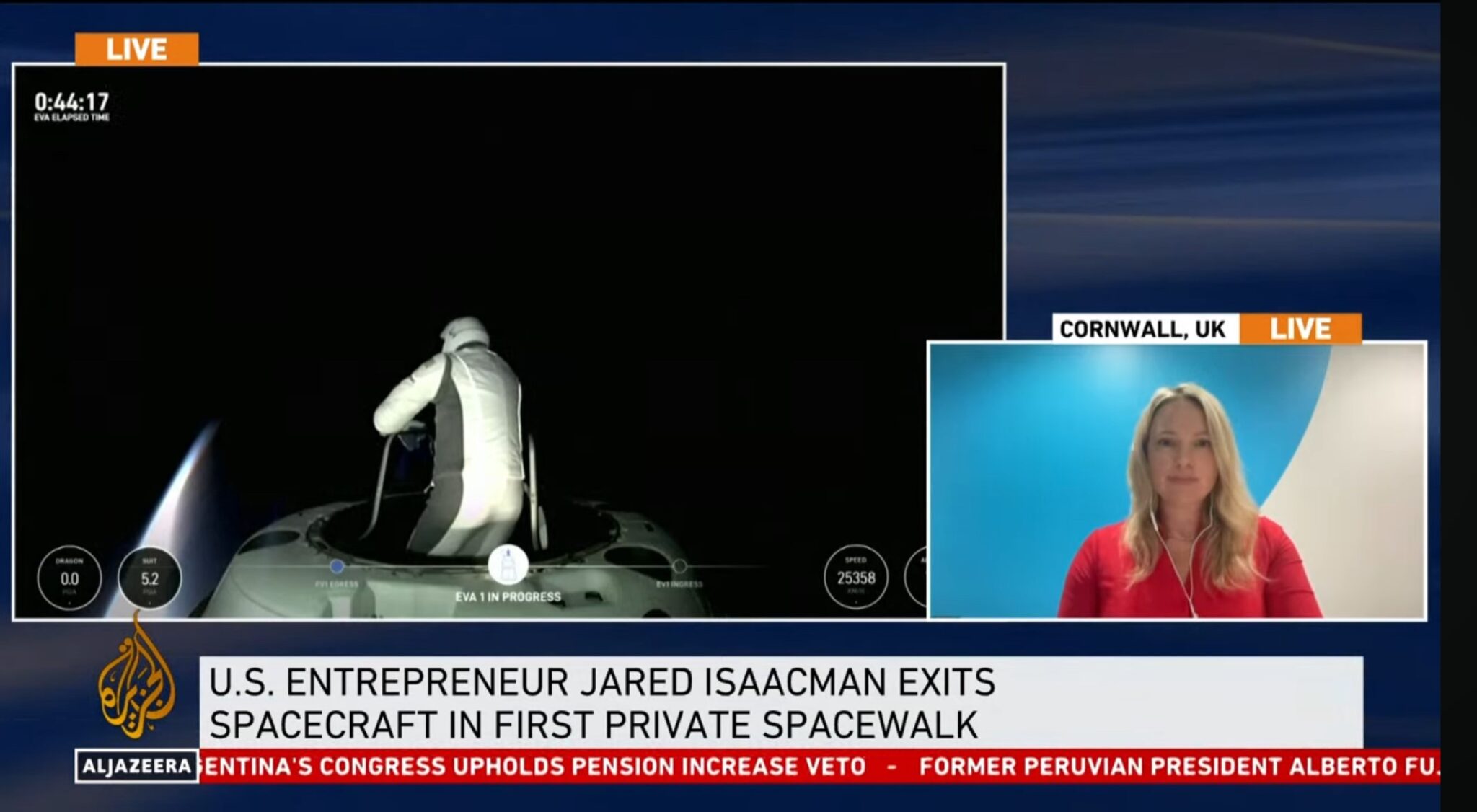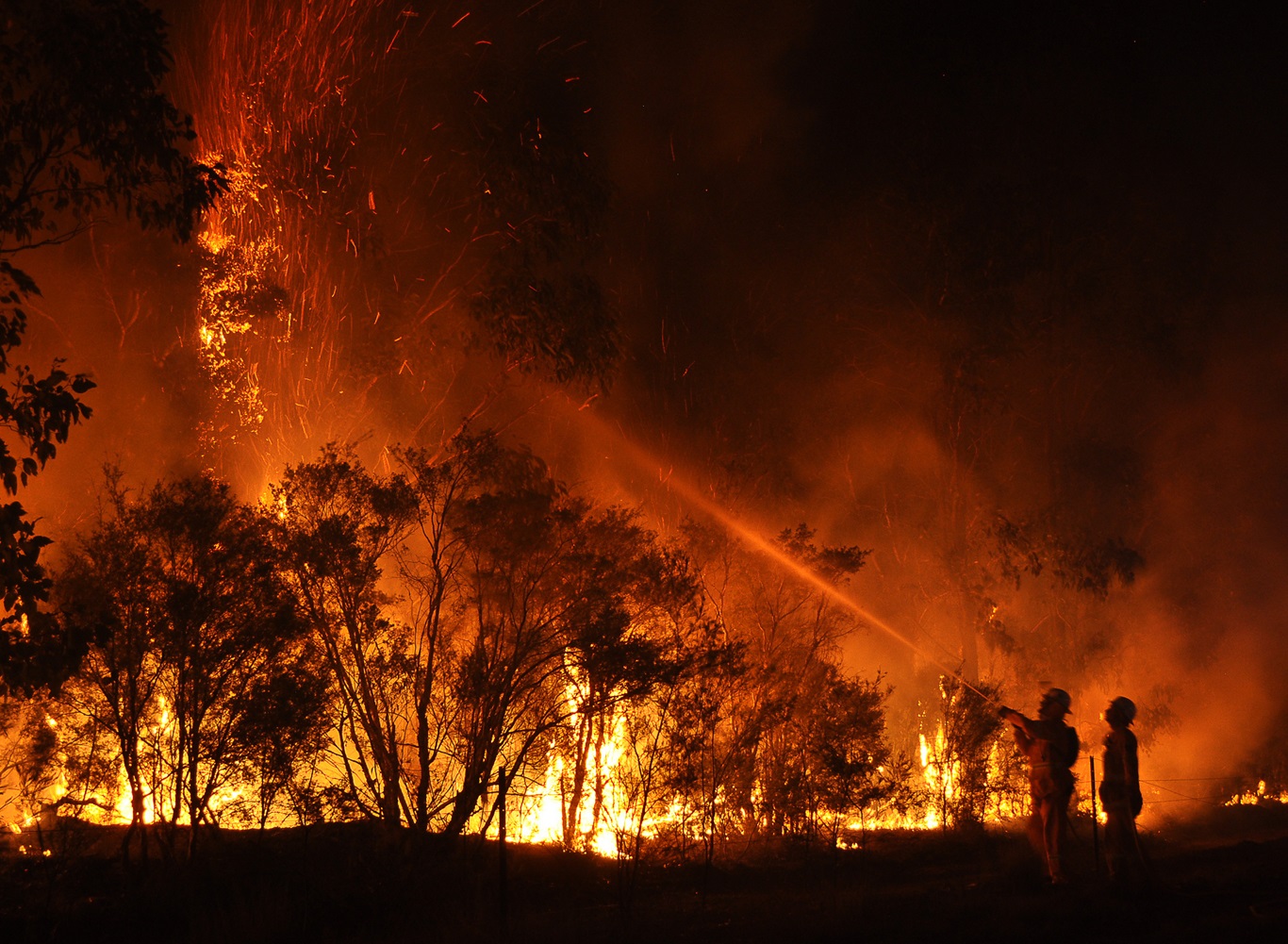While the UK’s meteorological office tries hard, its medium term forecasts have over the past few years, become the butt of humour, over their inaccuracy. For example, when they forecast droughts, including the infamous barbeque summer prediction of 2009, there have been floods; and when they have forecast floods, there were droughts. And it seems the British Broadcasting Corporation (BBC) has had enough. For performance and cost reasons, the BBC has decided to end most of its 93 year-old contract with the civil service agency for all but severe weather and the shipping forecast. It is not known which outfit is in the running to replace the Met Office for the majority of £32 million contract though it has been hinted that a Dutch weather service might be in the running.
Another outsider contender is WeatherAction http://www.weatheraction.com/ led by Piers Corbyn. This firm pioneered making medium term and longer term weather forecasts by using measurements of solar activity. For examples, the appearance of sun spots has long been known to have an effect on rainfall.
Sun spots or not, the other interesting fact is that Piers Corbyn is the older brother of Jeremy Corbyn, leading left-wing contender in the election to lead the Labour Party – the largest party of opposition in the UK Parliament. Interestingly, while he has supported his brother’s bid for the Labour leadership, Piers Corbyn remains sceptical about mankind’s effect on global warming, at least relative to the much more important effect of solar activity. This is traditionally an argument of the pro-energy lobby supported by the right wing of the political establishment.
While his brother, Jeremy Corbyn, has proven to be the most charismatic of the candidates, with a general admiration of his ‘genuineness’ and ‘outsider’ appeal, there has been a concerted campaign against him. Opponents cite that in wanting in wanting to reposition the party leftwards since its move ‘too far’ to the right in the 1990s, Corbyn may actually be too ‘left wing’ over issues such as defence, foreign policy and basic economics, to be electable later by the general public. They point out that it was a similar trap that the Labour Party fell into during the 1980s, which subsequently led to the domination by the right wing Conservative administration led by Margaret Thatcher.









